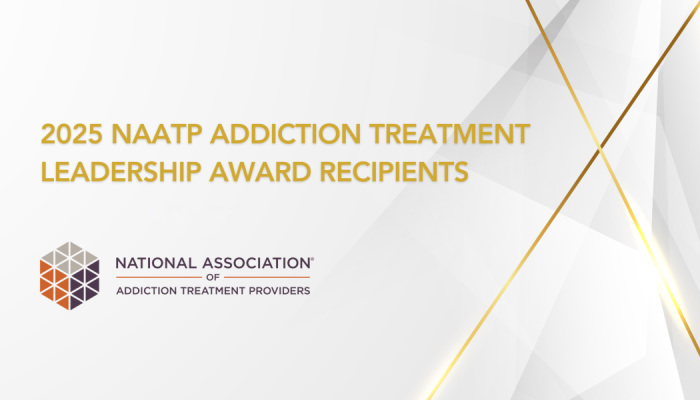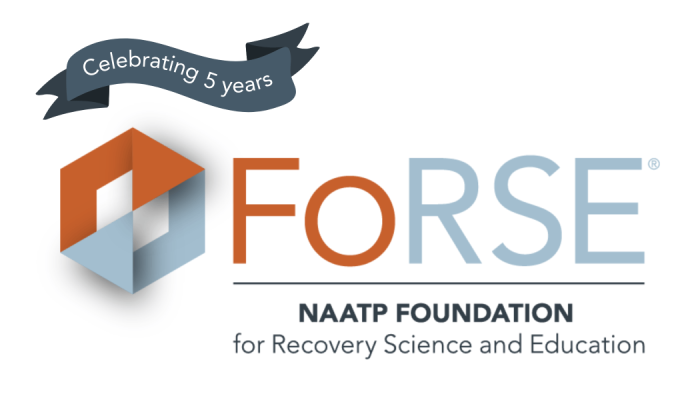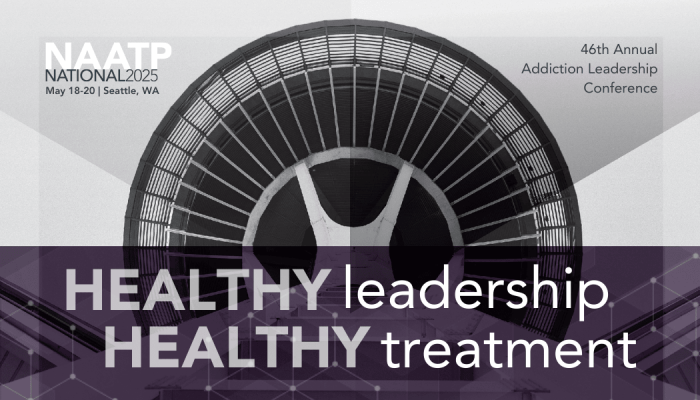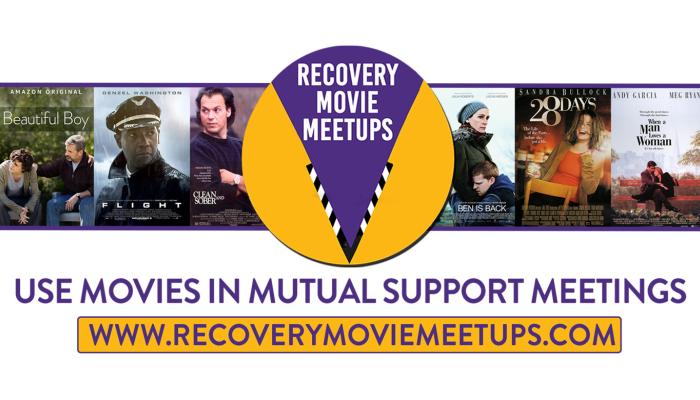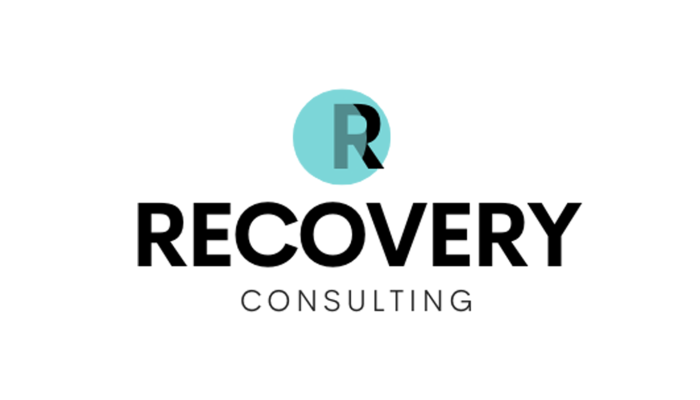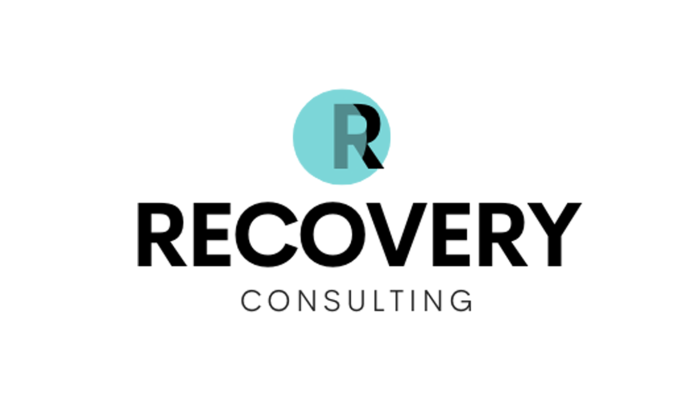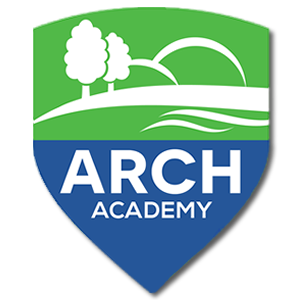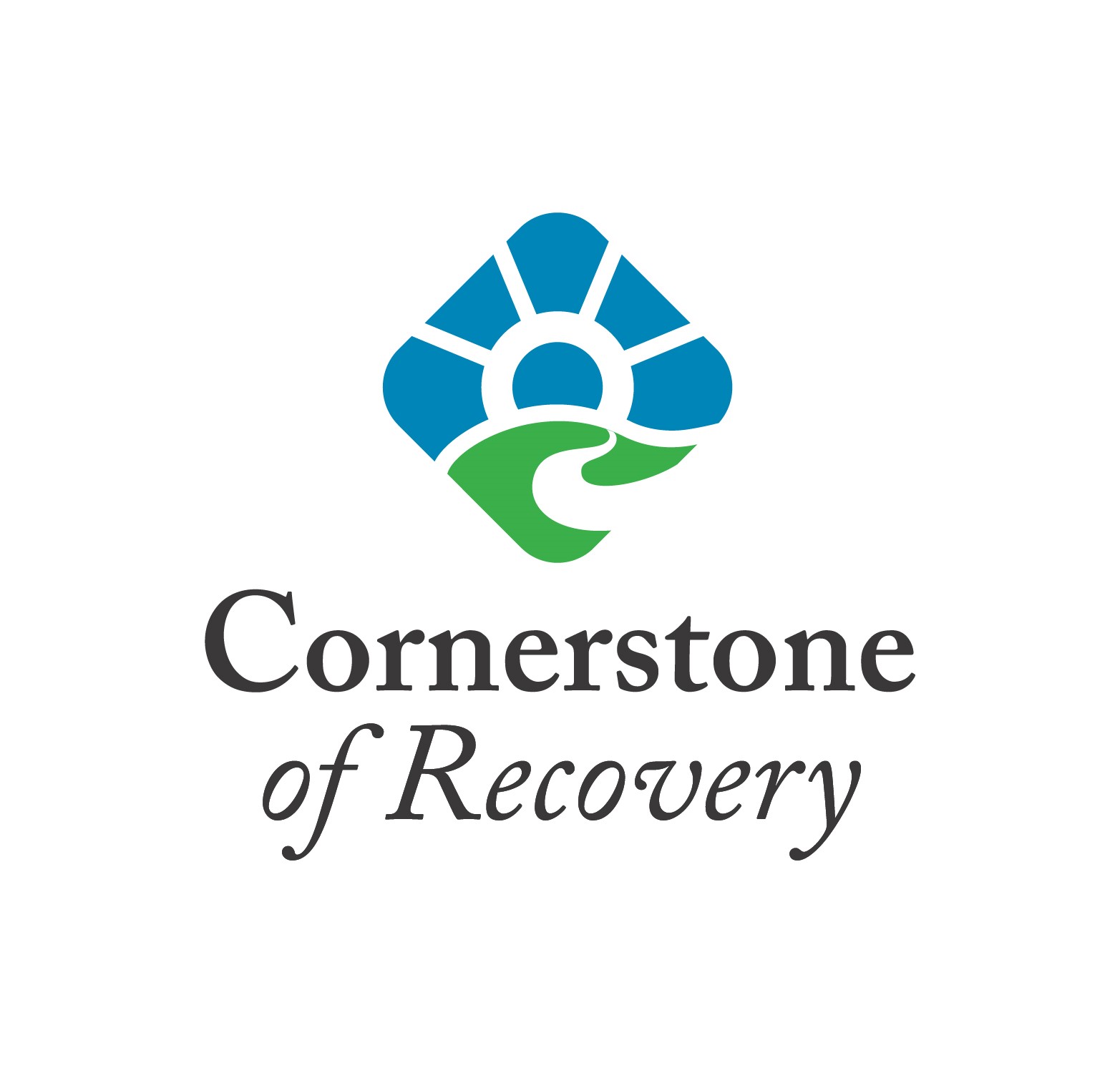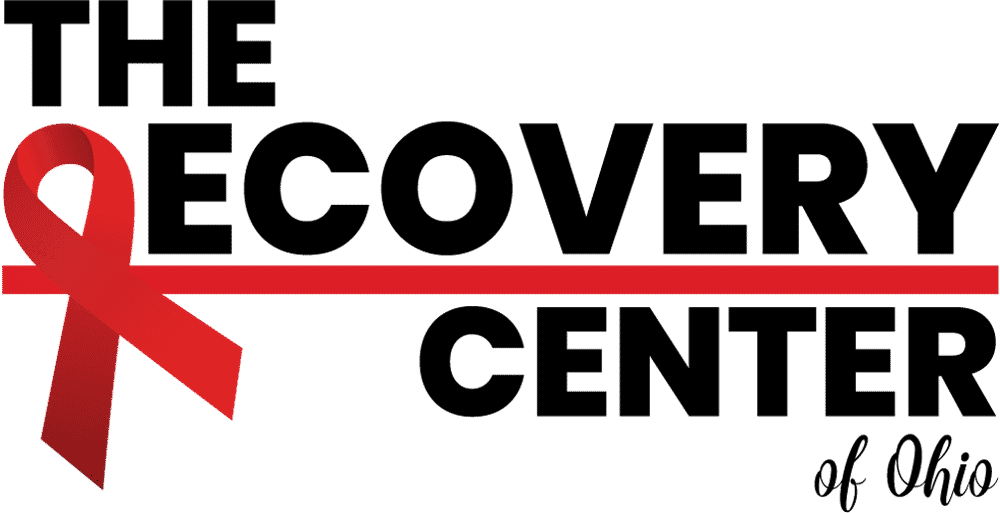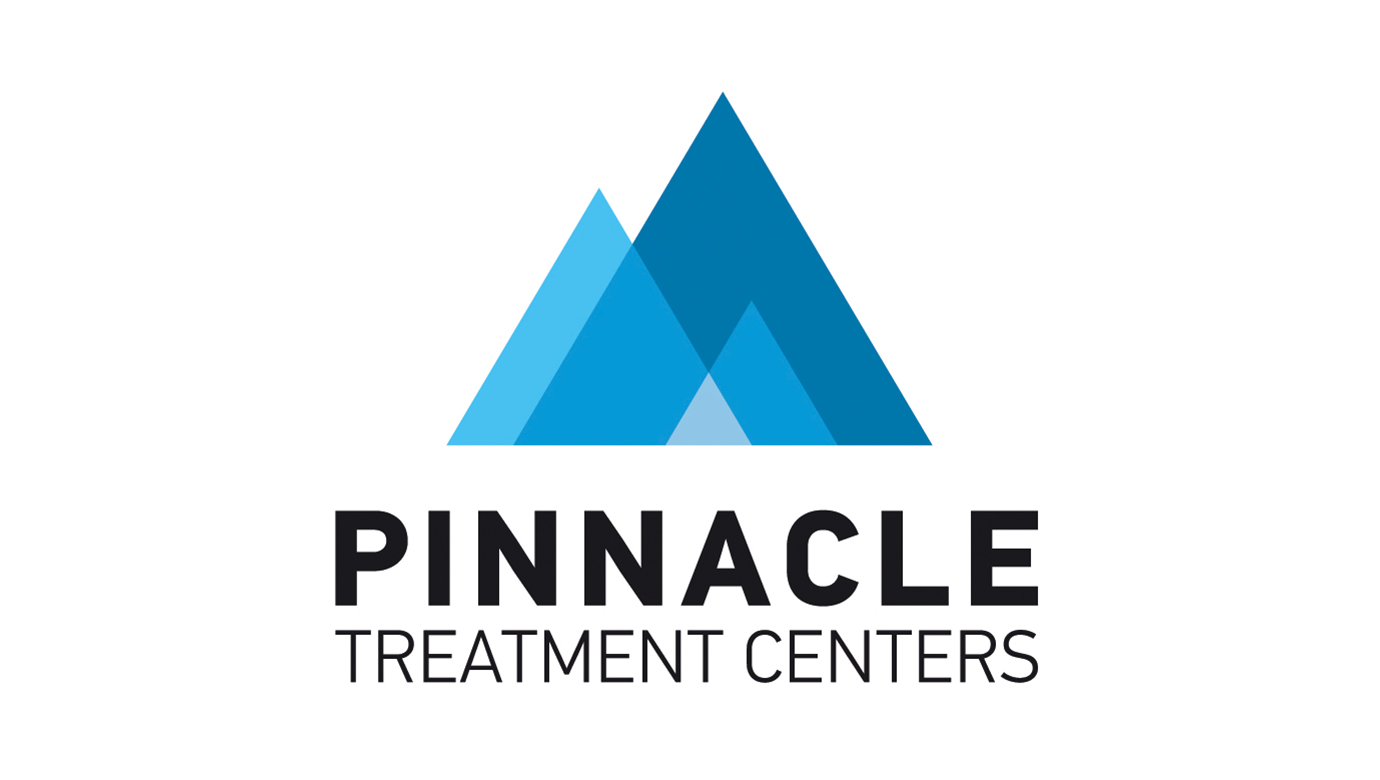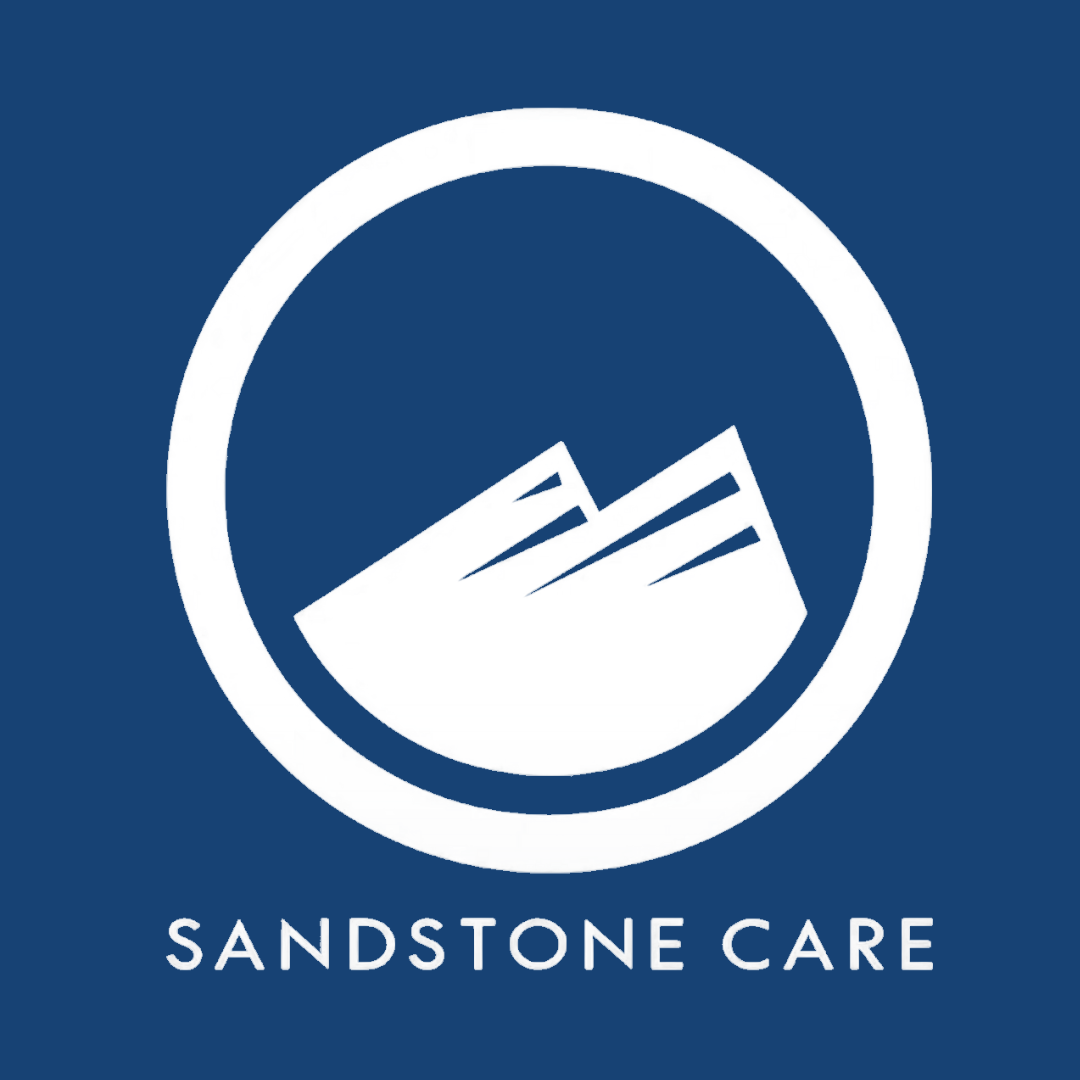May 15, 2023
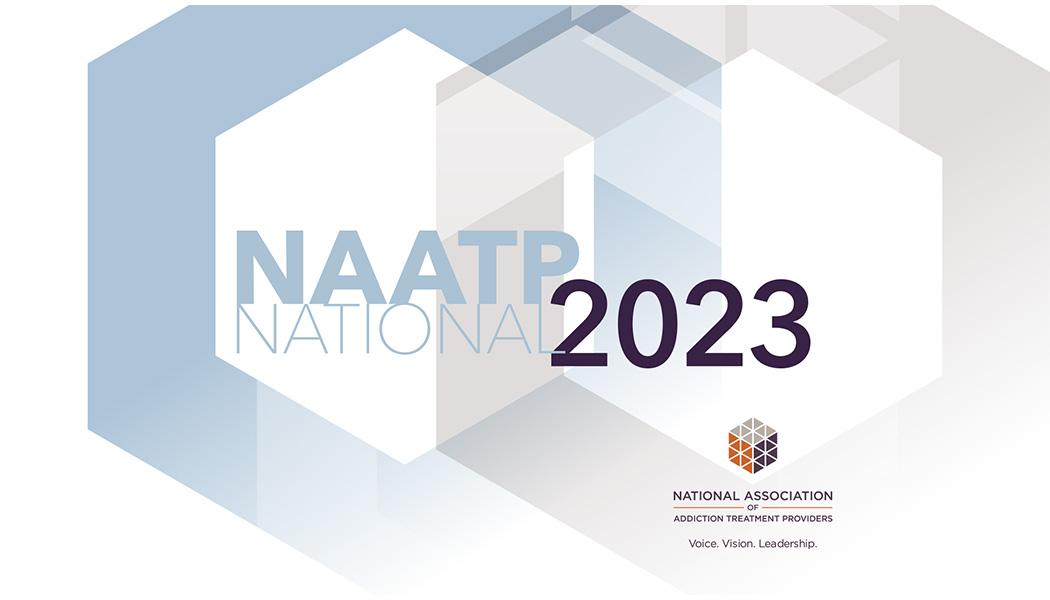
Recovery is the End Game
Our national community of addiction treatment professionals will meet in Washington, DC, in less than a week for our 44th annual convening. As we look forward to the event and our staff at the National Association ensures all the details are in order, I have the privilege to step back and reflect on the point of it all.
It is easy to miss the forest for the trees. We necessarily focus on the many administrative tasks inherent in our work at the expense of the big picture. It is true for treatment providers conducting complex operations that make treatment possible, but even more so perhaps for those of us in the public policy and system building arena. We don’t see the patients and their loved ones!
I miss that. I miss seeing human beings leaving treatment hopeful, healing, and on a path of wellness after entering treatment hopeless and broken. It feels like a miracle. You honestly have to see it to believe it, and when you do, you become part of a community with few equals. This is the community that will gather in Washington this Sunday.
So, the point of it all is Recovery; that is the end game. The concern is that many decision-makers have never seen it.
I admire the SAMHSA definition of recovery as “a process of change through which individuals improve their health and wellness, live a self-directed life, and strive to reach their full potential.” It goes on to define four dimensions of recovery life as Health, Home, Purpose, and Community. In addition, the SAMHSA literature indicates that “recovery is a primary goal for behavioral health care.”
All of this may seem obvious enough to the reader less familiar with current efforts to address the nation’s addiction and overdose crisis, but it can become less obvious, and we can lose sight of the goal as we work to develop and implement emergency responses to keep people alive. These front-line responses focused primarily on pharmacological interventions are vital. This is not an anti-harm-reduction message but rather an argument for the comprehensive treatment that gives our patients a pathway to recovery. Substance Use Disorder is a biological, psychological, social, and spiritual disease; successful treatment requires a response that addresses all four dimensions. We are not adequately focused on these as federal policy makers, and we need to be.
Fortunately, such will be the focus of our upcoming NAATP meeting next week. Our program will cover an array of comprehensive treatment solutions under the headings of Acuity, Equity, Workforce, and Reimbursement and how they impact our ability to foster recovery for our patients. Ultimately the focus always returns to demonstrating effectiveness of care, and we are pleased to be rolling out at the conference the first findings of our outcomes program under the NAATP Foundation for Recovery Science and Education (FoRSE). The 2023 FoRSE Annual Summary is the inaugural report of what will be our industry’s annual outcomes data as provided by our national membership. I encourage you to take a look at the report in anticipation of the conference discussions:




